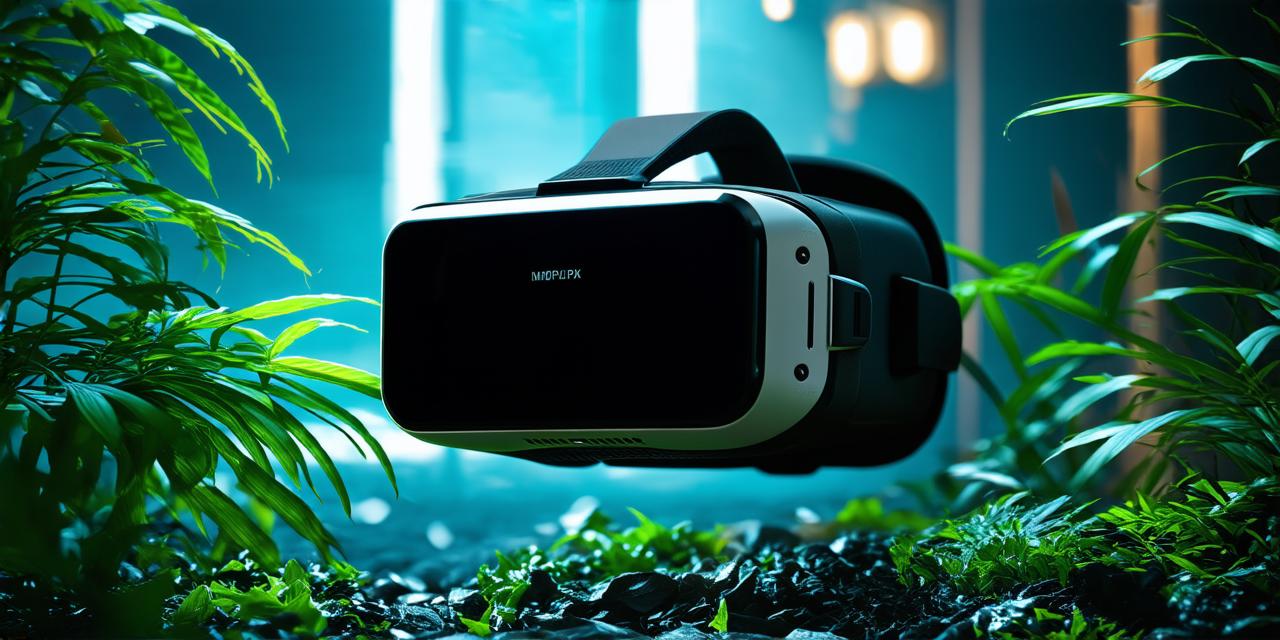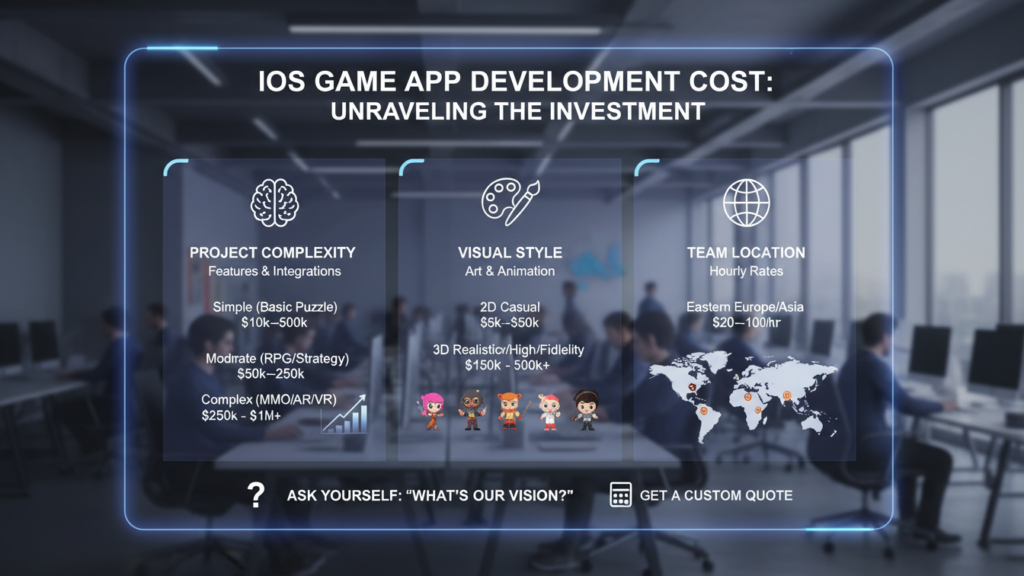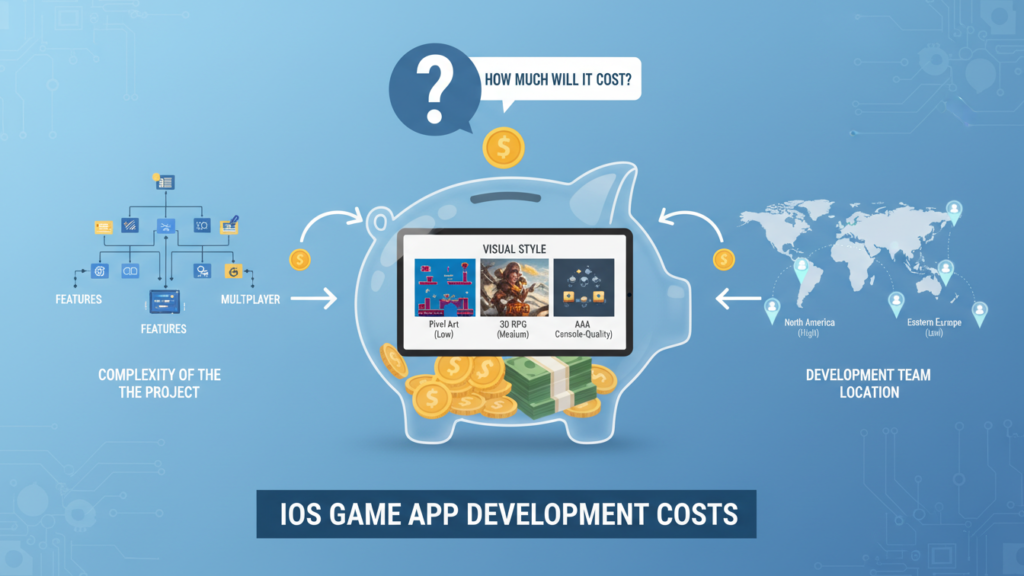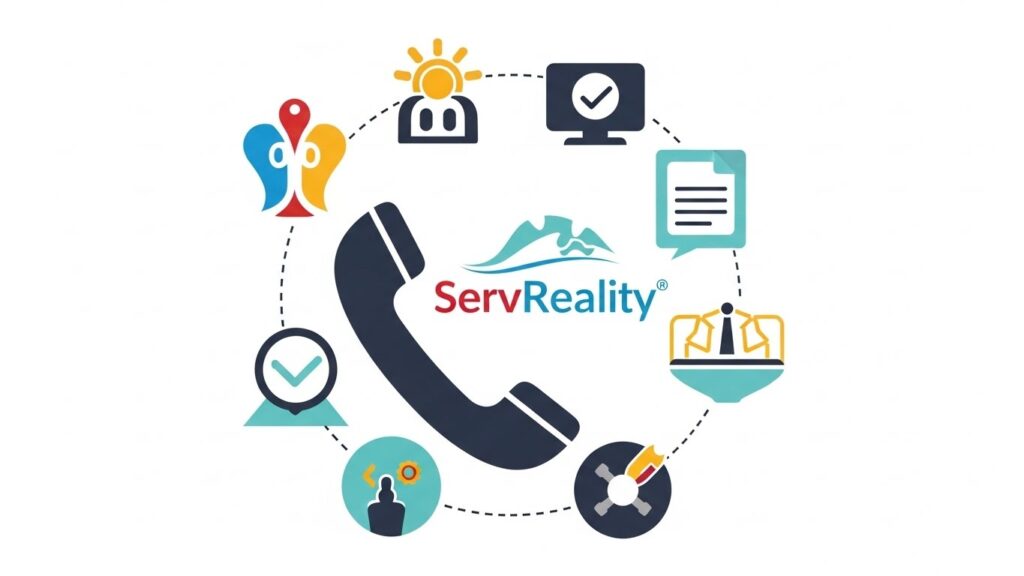Virtual Reality App Development
Virtual reality (VR) is a rapidly growing technology that allows users to experience immersive and interactive environments. With the rise of smartphones and other mobile devices, VR app development has become increasingly popular among app developers.
Advantages of Virtual Reality App Development
- Enhanced User Experience (UX): VR apps provide a fully immersive experience that allows users to interact with their environment in a way that traditional apps cannot. This can lead to increased engagement and user satisfaction.
- Increased Brand Awareness: VR app development provides an excellent opportunity for brands to create unique and memorable experiences that will help them stand out from the competition.
- Improved Training and Education: Virtual reality technology can be used to create realistic simulations of real-world scenarios, which can be used to train employees in a safe and controlled environment. This can lead to improved performance and reduced costs.
- Increased Accessibility: VR app development allows users to experience content from anywhere in the world, regardless of their location. This can be particularly useful for businesses that operate in multiple time zones or have remote teams.
- Improved Productivity: Virtual reality technology can be used to create more efficient workflows and streamline processes, which can lead to increased productivity and reduced costs.
Challenges of Virtual Reality App Development
- High Costs: Developing a VR app can be expensive due to the high cost of specialized hardware and software. This can make it difficult for small businesses or startups to compete with larger companies.
- Limited Accessibility: Not all devices have built-in support for VR, which can limit the number of users who can experience the app. Additionally, some users may not have access to the necessary equipment or internet speeds.
- Complex Development Process: Virtual reality app development requires a high level of technical expertise and specialized skills, which can make it difficult for less experienced developers to create high-quality apps.
- Compatibility Issues: VR technology is constantly evolving, which can lead to compatibility issues with different devices and operating systems. Developers must stay up-to-date with the latest developments in VR technology to ensure their app works seamlessly on all platforms.
- Lack of Standards: There are currently no widely accepted standards for virtual reality app development, which can make it difficult for developers to create apps that work well across different devices and platforms.
Best Practices for Virtual Reality App Development
- Start with a Strong Concept: The success of a VR app depends on its concept. Developers must ensure that their app offers a unique and compelling experience that will engage users and differentiate it from other apps.
- Know Your Audience: Virtual reality technology is still relatively new, and not all users are comfortable with it. Developers must understand their target audience and design their app to meet their needs and preferences.
- Optimize for Performance: VR apps require high performance to provide an immersive experience, so developers must optimize their app for speed and efficiency.
- Test on Multiple Devices: Virtual reality technology is constantly evolving, so it’s essential to test the app on multiple devices to ensure compatibility and identify any issues that may arise.
- Follow Best Practices for User Experience (UX): VR apps should follow best practices for UX, including intuitive navigation, clear instructions, and minimal clutter.
- Continuously Improve: Virtual reality technology is constantly evolving, so developers must stay up-to-date with the latest developments and continuously improve their app to ensure it remains relevant and engaging.
FAQs
1. What kind of devices can I use VR apps on?
VR apps can be used on a variety of devices, including smartphones, tablets, and PCs with built-in support for VR. Some users may also need specialized hardware such as headsets or controllers to experience the app.
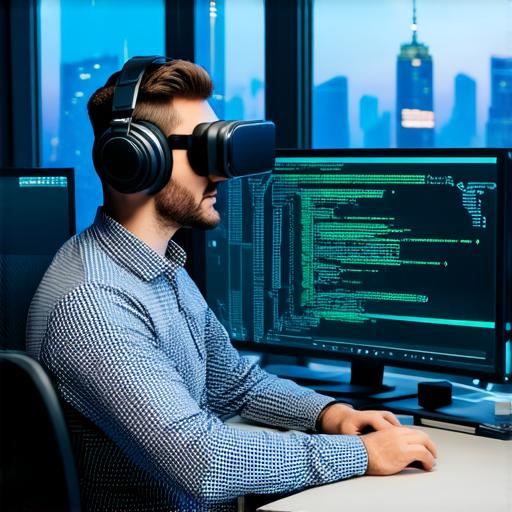
2. How do I create a VR app?
Creating a VR app requires specialized skills in virtual reality development, including programming, design, and testing. It’s essential to have a strong understanding of the technology before attempting to create an app.
3. What is the cost of developing a VR app?
The cost of developing a VR app can vary widely depending on factors such as the complexity of the app, the type of hardware and software used, and the experience of the development team. It’s essential to have a clear budget and timeline before starting the project.
4. What are the potential benefits of using VR technology in my business?
Virtual reality technology can be used in a variety of ways to improve business operations, including training and education, product visualization, and customer engagement. The specific benefits will depend on the needs and goals of your business.
5. How do I ensure that my VR app works well on all devices and platforms?
To ensure compatibility with different devices and platforms, developers must stay up-to-date with the latest developments in VR technology and test the app on multiple devices before releasing it to the public. They should also design the app to be flexible and adaptable to different environments and hardware configurations.
